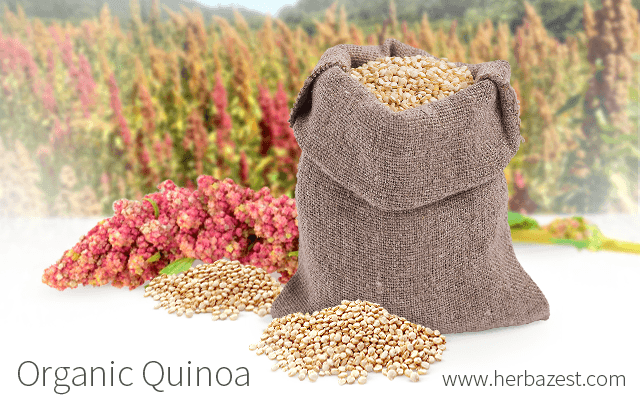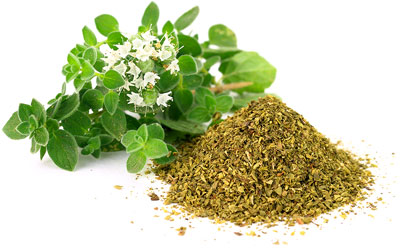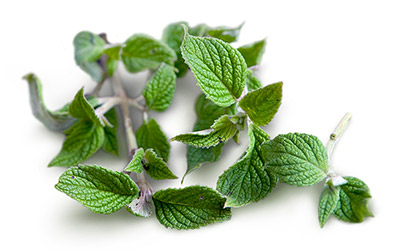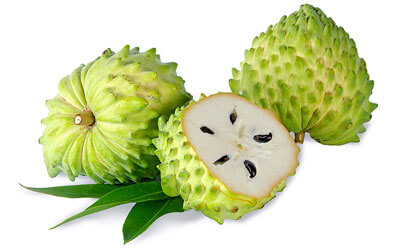When buying quinoa, you will be confronted with different options. Although the most commercialized types of this Andean seed are red, black, and white quinoa, other varieties - such as yellow, gray, purple, and even violet quinoa - can also be found.
On top of that, you might find organic quinoa and wonder what are the benefits of buying organic quinoa? As people are increasingly becoming more environmentally conscious, interest is growing in organic quinoa, which offers the same nutritional advantages with the additional benefit of promoting healthier agricultural standards.
What Is Organic Quinoa?
Nutritionally speaking, there is no real difference between non-organic and organic quinoa. Both are excellent sources of vitamins, minerals, dietary fiber, unsaturated fat, and protein, containing all nine essential amino acids.
THE MAIN DIFFERENCE BETWEEN NON-ORGANIC AND ORGANIC QUINOA COMES DOWN TO THE WAY THIS ANDEAN CROP IS GROWN.
Many countries have national standards of organic farming that are specified in explicit regulations. In the United States, organic quinoa comes from farms that meet the United States Department of Agriculture (USDA) organic standards and abide by the following organic production practices:1
The farm uses cover crops, manures, and crop rotations to maintain, restore, and maximize soil health.
The farm employs biological control and crop rotations to manage weeds and pests.
Crops are grown with an emphasis on biodiversity of agriculture and the surrounding environment.
The farm minimizes the use of off-farm inputs and does not employ synthetic pesticides, fertilizers, or other materials.
The farm operates with a focus on renewable resources, conservation of soil and water, and use of practices that are aimed to restore, maintain, and enhance the ecological balance.
MOST BOLIVIAN QUINOA IS SAID TO BE ORGANIC AS IT IS PRODUCED BY SMALLHOLDERS USING TRADITIONAL METHODS.
On the other hand, while the demand for organic quinoa is growing in Europe, being organic is still considered an optional standard among the current quality requirements for the Andean seed in the EU.
Organic Quinoa Benefits
Considering the nutritional values of conventionally-grown and organic quinoa are virtually the same, the majority of the benefits of organic quinoa are environmental.
Organic agriculture promotes sustainability over the long term, using practices that help to maintain and restore a healthy ecological balance. In addition, organic agriculture reduces the use of non-renewable energy, so the purchase of organic quinoa helps to support an agricultural system that aims to reduce natural resource degradation and conserve the environment for future generations.
Where to Buy Organic Quinoa
Organic quinoa can be purchased in many different places, including supermarkets, natural food stores, and online. Some natural food stores and supermarkets will even sell quinoa bulk, which is likely to save you a little bit.
It is important to note that natural and organic are not interchangeable terms and should not be confused. A product that is labeled as natural is not necessarily organic. In the United States, any product that is labeled as organic must be certified by the USDA and carry the USDA organic seal. When looking to buy organic quinoa, be sure to look for that label.
Sources
- Centre for the Promotion of Imports from developing countries (CBI), CBI Product Factsheet: Quinoa in Europe
- Irish Organic Farmers & Growers Association, What Is Organic Food?
- Journal of Nutrition and Food Sciences, Quinoa (Chenopodium quinoa Willd), from Nutritional Value to Potential Health Benefits: An Integrative Review, 2016
- NJAS - Wageningen Journal of Life Sciences, Organic food and impact on human health: Assessing the status quo and prospects of research, 2011
- Quinoa: The Everyday Superfood, All About Quinoa
- FAOSTAT, What is organic agriculture? | What are the environmental benefits of organic agriculture? | What is behind an organic label?
- Mayo Clinic, Organic foods: Are they safer? More nutrition?
Footnotes:
- U.S. Department of Agriculture. (2020). Organic Production/Organic Food: Information Access Tools. Retrieved September 4, 2021 from https://www.nal.usda.gov/afsic/organic-productionorganic-food-information-access-tools




